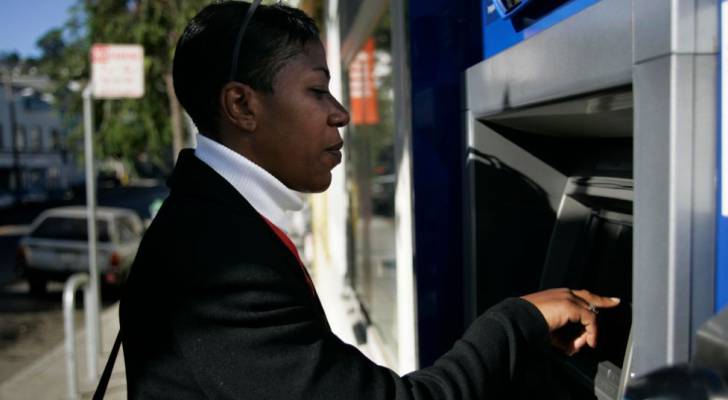
Temporary work is a reality for a significant number of Americans, who, in turn, can find it difficult to plan for the future when their livelihoods are interrupted by the end of a contract every few months or years.
According to the U.S. Bureau of Labor Statistics, as of 2023, 6.9 million Americans were temporary workers. This does not include freelance workers or those involved in the gig economy.
Suppose you’re in this boat. At 32, you have a temporary job, some credit card debt you really want to pay off, but no new job prospects once your contract finishes at the end of the year. What should you focus on — your debt or your savings? Here, we break down what to do — and why.
So, you make $2,500 per month at your temporary job. Your minimum expenses total $2,000, and you are currently paying down $5,000 of credit card debt at the rate of $400 per month. Your emergency fund stands at $3,500, and you figure that if you continue to try to pay down your credit card debt, you would only be able to add about $500 more to your emergency savings before the end of your contract.
If you keep on this track, you could eliminate your debt in just over a year. However, with a job that ends in a few months, you’ll need a fund to keep you going until you find a new one. With expenses totaling $2,000, and a projected emergency fund of just $4,000, by the end of the year you’ll need to be faster-than-average on the job hunt.
According to FlexJobs, it takes an average of 3 to 6 months to find a new position once you begin job hunting.
In this case, it’s likely best to make the minimum payments on your credit cards and focus on saving for when you’re between jobs next year. You should also begin your search and focus on networking towards the end of your contract to ensure you start your period of temporary unemployment on the right track.
Read more: The US stock market’s ‘fear gauge’ has exploded — but this 1 ‘shockproof’ asset is up 14% and helping American retirees stay calm. Here’s how to own it ASAP
According to Dave Ramsey’s Baby Steps formula for building wealth, the most important thing is to have a solid emergency fund in place as a first step.
